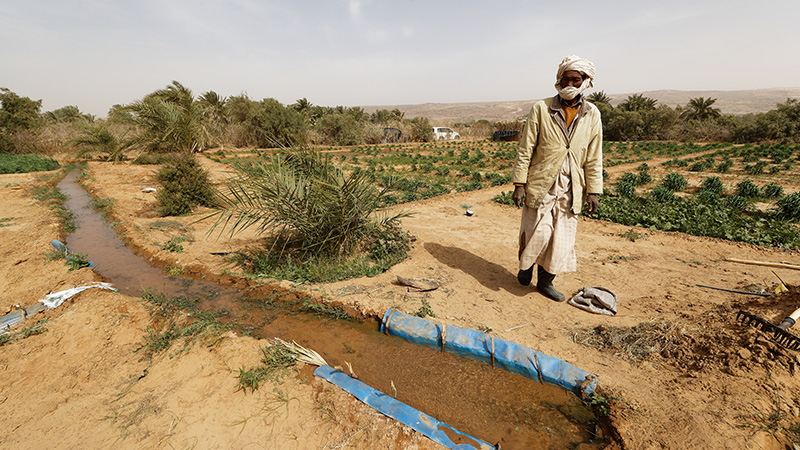Egypt and Bangladesh have a main factor that affects their progress towards meeting the UN Sustainable Development Goals. On both an international and domestic level.

After listening to the well-put-together podcast about Egypt. I learned that water resources are a major struggle for Egypt that seems to hinder its progression toward meeting SDG goals. Its pursuit of SDG 16 is essential for its prosperity. Egypt lies close to the Nile River, which ideally, would provide plentiful amounts of water for its citizens. However, water security threatens Egypt’s safety because Ethiopia constructed the GERD (Grand Ethiopian Renaissance Dam). This security struggle between Ethiopia and Egypt has not only caused domestic issues but also international proxies. Sudan has been drawn into mediating between Ethiopia and Egypt, and even the U.S. (which supports Egypt) and China (which supports Ethiopia) have been drawn into a proxy. The struggle over water between Egypt and Ethiopia threatens peace, justice, and security. Egypt also struggles with public spending. Its national debt is around 88% of its GDP. Ethiopia relies heavily on the United States for financial assistance towards its public debt transactions, public health spending, safety, defense, and utilities. Fortunately, Egypt has created strong institutions and security to help its country remain strong. It is important, however, not to let the international tensions between Egypt and Ethiopia, as well as the United States in China, take away from the real problem – maintaining SDG goals.

I think the podcast regarding Bangladesh was very informative and creative. Bangladesh struggles with poverty. Due to its rapidly expanding population, around 20-30% of its population is homeless, living on around $2.00 a day, and sometimes even less. Those who are fortunate enough to own a home are still unsafe since they have minimal savings and inhabit slums. Nobody is safe from poverty in Bangladesh. To worsen the struggle, Bangladesh also deals with a lot of refugees which bleeds the country’s money and burns its resources. The Government in Bangladesh is also very corrupt. Bribery on an official and citizenship remains at very high levels partially because basic needs and finances are very hard to attain. Climate change has drastically impacted Bangladesh’s economy due to its weak and unstable government. Floods and natural disasters further the effects of homelessness and damage agriculture and crop yields. Health and food security are very low because of the impacts of climate change. The government is so corrupt, that the World Bank decided to withdraw from its plans to implement conditional aid in 2012. On an international scale, the war in Ukraine has caused a lack of food, fertilizer, petroleum, and other important resources which have placed a heavy burden on Bangladesh’s economy. Corruption in Bangladesh has the potential to leak outside its borders and rebellion is a security issue that cannot be ignored. Financing from other countries is also hindered by corruption. On the bright side, Bangladesh’s poverty rate has improved. Since 2016 a reduction in poverty has gone from 13.47% to 10.44% in 2022, its collaboration with the IMF has helped to create programs to maintain macroeconomic spending. Things are slowly improving.
Northern-Africa-Water-Drought.jpg
Leave a Reply